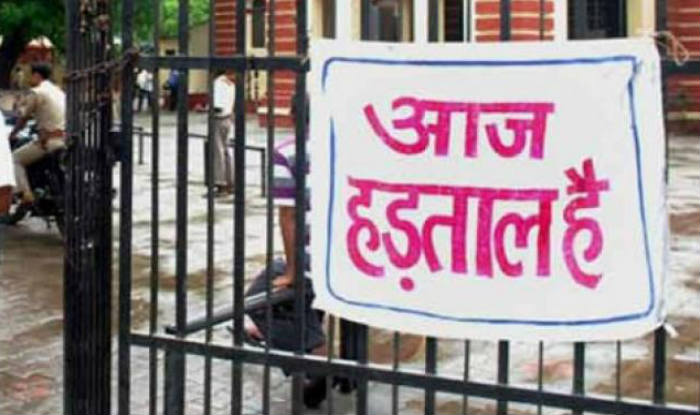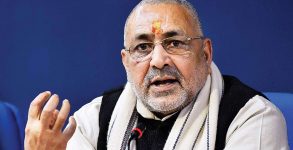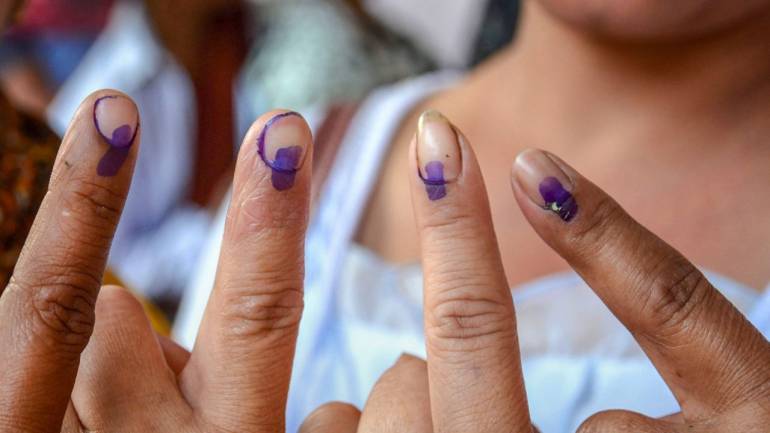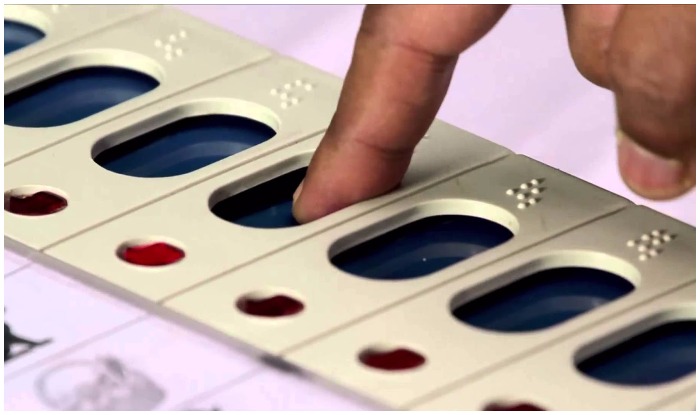A body of traders in Jharkhand on Wednesday decided to observe an indefinite strike from February 15 to protest against the state government’s new agriculture bill, stating that it will “encourage price rise and impact farmers adversely”.
The decision to go on the strike was taken at a state-level meeting where the traders assembled under the banner of the Federation of Jharkhand Chamber of Commerce and Industries (FJCCI). During the day, the traders also kept their shops shut as a mark of protest and also burnt an effigy of Jharkhand Agriculture Minister Badal Patralekh, demanding the withdrawal of the new agriculture bill.
”Traders will go on an indefinite strike from February 15 to protest against the agriculture bill. All 28 mandis and 150 rice mills in the state will remain closed and the import of consumable items, mainly agricultural produces, will be stopped. The bill will encourage price rise and impact farmers adversely,” FJCCI president Kishor Mantri said.
Notably, Governor Ramesh Bais had on February 4 given his ascent to the Jharkhand State Agriculture Produce and Livestock Marketing Bill, 2022 with some suggestions. The governor suggested that in light of the bill, a comprehensive discussion with all the stakeholders should be ensured during the formation of rules.
”The rate of market fee should be fixed keeping in mind farmers of rural and tribal communities of the state,” Bais had said. Former FJCCI president Praveen Chabra claimed that once the new rule comes into force, a two per cent market fee will be realised on non-perishable items and one per cent on perishable ones. ”Here, 98 per cent of consumable ready items are imported for trading. With the implementation of market fee, the burden will be on consumers,” he said. The state agriculture minister and secretary could not be reached for comments on the issue.
The traders’ body claimed that its members ”tried to convince the government but failed”.


















